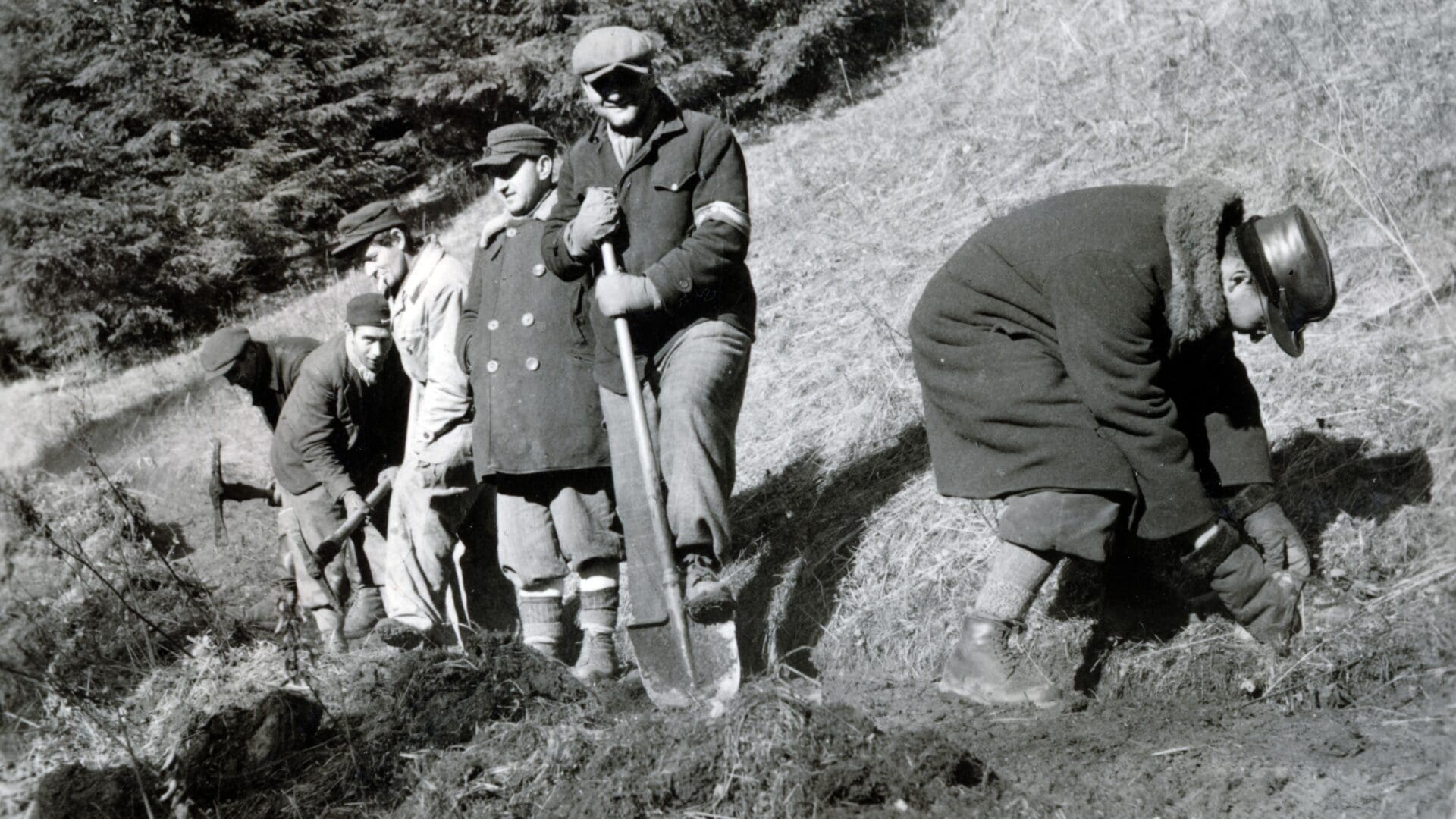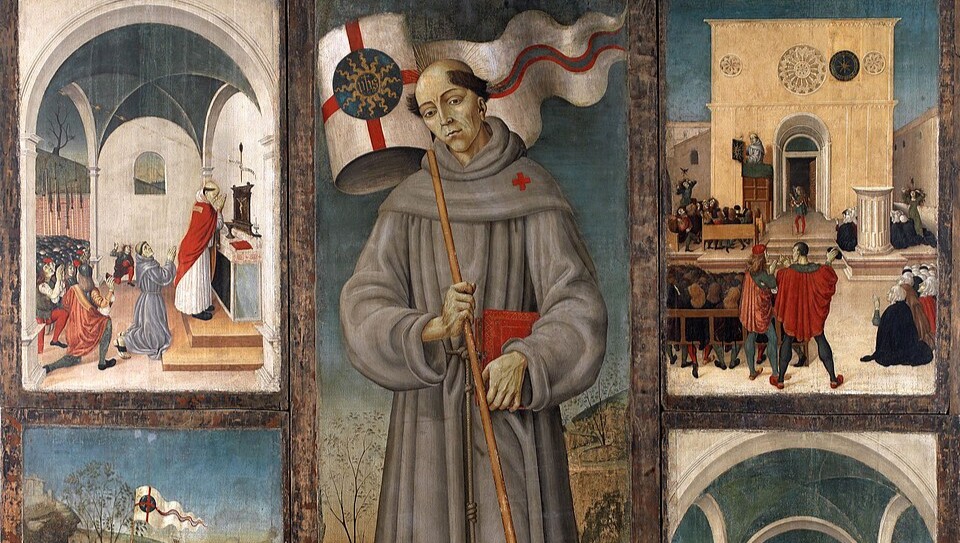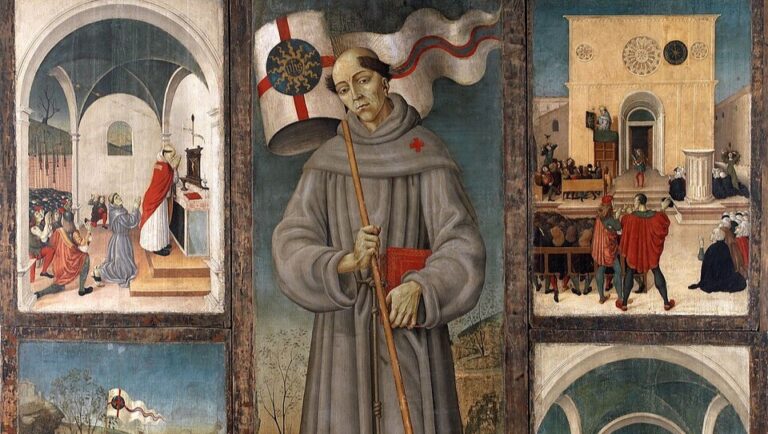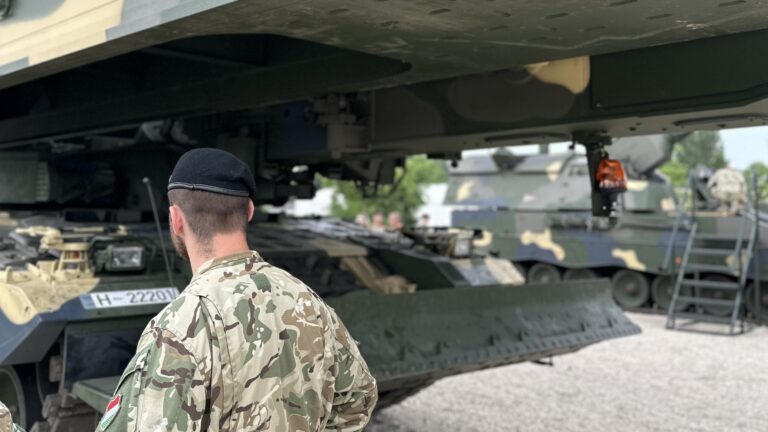On 26 March 1970, the Tolna County police arrested an agricultural worker from Kurd: the then 49-year-old József Apaczeller was accused of war crimes committed during the campaign against the Soviet Union in 1942, while still a soldier in the Hungarian Royal Army. By that time, war crime trials were rare in Hungary. According to the historical literature, the last such trial that of the Arrow Cross murderers of Zugló in 1967, but the case we are scrutinizing here is from three years later.
Apaczeller was born on 26 September 1920 in Kurd, in a simple, landless peasant family of German origin. He completed six grades of elementary school and then worked as a day labourer, finding work abroad on several occasions. His family was destitute. In the autumn of 1941, he enlisted in the 104/7 labour service company (labour service was a humiliating, unarmed military service for Jewish men, introduced in Hungary in 1939). In such companies, Jewish men were accompanied by Hungarian soldiers, who were members of special units and called ‘keretlegények’. In this company, about 200 Jews were guarded by 20-25 soldiers. Apaczeller was one such guard. The company was deployed in the Soviet Union in May 1942 and Apaczeller served with the company until January 1943. He was taken prisoner of war by the Soviets at Törökszentmiklós in October 1944 and returned home in June 1947.
Several war crimes can be linked to the company in question—especially the beating to death and shooting of labour servicemen at the Don—the perpetrators of which—for example his fellow soldier István Holik—were tried by the People’s Court in Kaposvár after the war, and executed. However, a mistake was made in the proceedings of the People’s Court: a wanted notice was accidentally issued against János Apaczeller, a distant relative of József, but János had already left for the United States. János was sentenced to death in absentia, and during the trial, József, who had been sitting quietly in the audience, did not speak out against of the name change.
The name change might never have come to light had János’s father, János senior not written a letter from America to the Kurd Municipal Council in 1967,
complaining that his son had been sentenced to death. In the letter he revealed that the real culprit was József. It is questionable why the authorities waited for so long, but the fact remains that József Apaczeller was finally taken into custody on 26 March 1970. However, the interrogation and house search revealed unpleasant facts: Apaczeller’s ‘integration’ into the ‘people’s democracy’ was so successful that he was not only a founding member of the local farmers’ cooperative, but also its vice-president for many years. In 1962, Pál Losonczi, the Minister of Agriculture, personally awarded him the ‘Outstanding Agricultural Worker’ medal. He joined the Communist Party and in 1956 he was a trusted guide for Soviet soldiers in the area. In 1957 he became a ‘Workers Guard’ (Munkásőrség) member and was awarded the Outstanding Labour Guard Award.
The indictment was filed in July 1970. Apaczeller did not deny his actions at all. During the proceedings, a very good account was rendered of the wartime brutalisation of labour servicemen. ‘One night they were alerted because another company was under attack by partisans. When they got there, the fighting was over. They saw men hanging in the villages with a sign on their chest with Russian writing on it. He couldn’t read it, but he was told it said that this was the fate of those who betrayed the partisans. The Germans transported the stolen goods by rail. They had to secure the railway line so that it would not be blown up by the partisans. As the front moved forward, they moved closer to the river Don. The further out they went, the more troops they saw who were working as labour servicemen. They were all rough with the labourers, beating them…They herded many Russian prisoners of war together in a ravine and then threw dead horses at them, which crushed many of them to death and they machine-gunned the rest to death.’[1]
His gradual becoming numb to killing can be well observed from his testimony. When he killed the first labour serviceman, he felt ‘remorse’ and ‘very sorry that it had happened’. Yet at the time he did not even kill intentionally: after he got angry at a woodcutting accident, he hit a sick serviceman in the kidney and his victim died in the evening. But the next time he was involved in the systematic shooting of several labour servicemen, and he said he had ‘no remorse’ about that because ‘at the time he didn’t realise what he had done’.[2]
Apaczeller was finally sentenced in September 1970 to 13 years in a high security prison and a fine of 4,000 forints (a considerable sum at the time). According to the trial documents, evidence was also obtained from the Soviet Union, which is interesting, because the Soviet authorities did not usually assist in trials of People’s Courts after 1945. The press hardly reported on the trial. The news of the verdict was published by Hungarian Telegraphic Agency, but the leading newspapers competed to see who could hide the news better: Népszava reported it on page 4, Magyar Nemzet on page 7, Népszabadság on page 8 and Magyar Hírlap on page 9, all very short articles.[3] None of the newspapers referred to the fact that Apaczeller was a Communist, except for the Jewish newspaper Új Élet, where journalist Oszkár Zsadányi, a party member—himself a survivor of labour service and a state security agency informer under the name Péter Pesti— pointed out that the accused was a ‘chameleon’ who ‘was even acting local council president for a time’.[4] It is perhaps not surprising that the Communist state only dared to leak essential information through an agent, and that the majority of newspapers remained silent about Apaczeller’s ‘transformation’.
The case opens up more unanswered questions than it answers. Why was Apaczeller arrested?
Why was his case not left to lie dormant forever,
as was the case with the murderers of Miklós Radnóti?[5] Was he standing in someone’s way? What was the point of his trial? Was it really an American letter that started the case? What were the investigators doing for three years? Unfortunately, the state security files do not provide any answers either, as according to our current research, there is not a single file with Apaczeller’s name in it. One thing is for sure: the phenomenon of ‘turning coats’ was very real, but it was not always the Arrow Cross members who joined the communists, but sometimes soldiers who committed war crimes.
[1] Magyar Nemzeti Levéltár Tolna Megyei Levéltára, XXV.6.c. Tolna Megyei Bíróság iratai, Büntető perek, 335/1970., 241-246.
[2] Ibid.
[3] See the issues of 23d September 1970.
[4] Új Élet, 1st October 1970. 4.
[5] https://www.hungarianconservative.com/articles/culture_society/the-widow-and-the-party/
Related articles:








